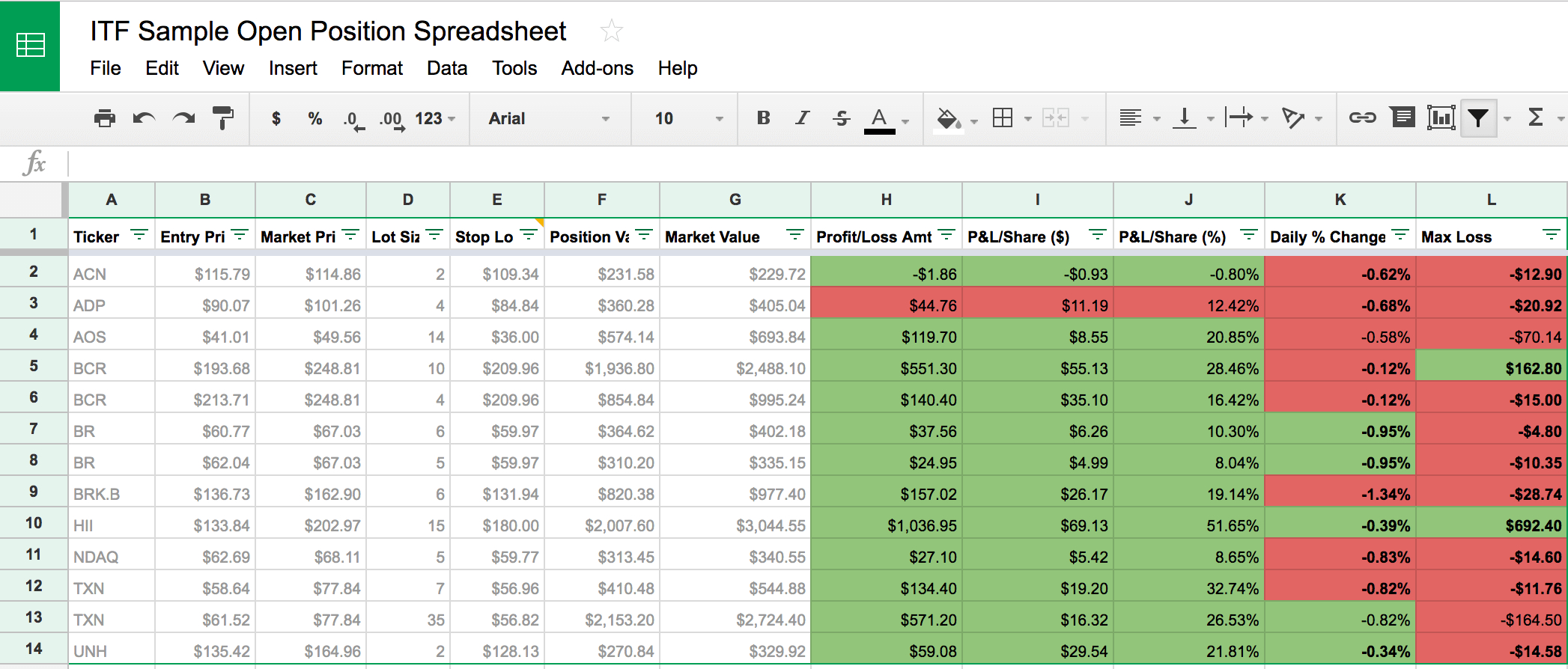In today's digital age, maintaining a strong online presence is crucial for businesses and individuals alike. The ability to keep track of your Google position is essential to understanding how well your website or content is performing in search engine results. This not only helps you gauge your visibility but also provides valuable insights into your audience's preferences and behaviors. By monitoring your rankings, you can make informed decisions to optimize your content and improve your site's search engine optimization (SEO).
Furthermore, knowing where you stand in Google's search results can significantly impact your marketing strategies. It allows you to identify which keywords drive traffic to your site and which ones may need more attention. The competition is fierce, and staying ahead requires a commitment to continuous improvement and adaptation. This article will explore various methods to effectively keep track of your Google position so that you can refine your strategies and enhance your online visibility.
Ultimately, keeping track of your Google position is not just about numbers; it's about understanding the story behind those numbers. It sheds light on your audience's interests, the effectiveness of your content, and the overall health of your online presence. As you navigate the ever-changing landscape of search engine algorithms, the insights gained from tracking your position on Google can empower you to achieve your online goals.
Why Is It Important to Keep Track of Your Google Position?
Keeping track of your Google position is vital for several reasons:
- It helps you measure the effectiveness of your SEO efforts.
- You can identify trends in keyword performance over time.
- Monitoring your position allows for quick adjustments when rankings drop.
- It gives you insights into your competitors’ strategies.
What Tools Can Help You Keep Track of Your Google Position?
There are numerous tools available that can assist you in monitoring your Google rankings:
- Google Search Console: This free tool provides data on your website's performance, including click-through rates and keyword rankings.
- SEMrush: A comprehensive tool that offers keyword tracking, site audits, and competitor analysis.
- Ahrefs: Known for its extensive backlink analysis and keyword tracking capabilities.
- SERPWatcher: An easy-to-use tool specifically designed for tracking keyword positions.
How Often Should You Check Your Google Position?
The frequency of checking your Google position can vary based on your specific needs:
- Daily checks are beneficial for high-competition keywords.
- Weekly or monthly checks may suffice for less competitive niches.
- Regular monitoring helps identify sudden ranking changes.
What Strategies Can Improve Your Google Rankings?
Once you have a handle on tracking your Google position, it's essential to implement strategies to improve your rankings:
- Content Quality: Focus on creating high-quality, relevant content that answers your audience's questions.
- Keyword Optimization: Use targeted keywords naturally within your content.
- Backlink Building: Establish relationships with other websites to gain quality backlinks.
- User Experience: Ensure your website is user-friendly, fast, and mobile-responsive.
Can Tracking Your Google Position Help You Understand Your Audience?
Absolutely! By keeping track of your Google position, you can gain valuable insights into your audience's behavior and preferences. The data collected can help you:
- Identify which topics resonate with your audience.
- Understand the demographics of your visitors.
- Discover trends in search behavior over time.
What Are the Common Mistakes When Tracking Google Position?
When monitoring your Google rankings, avoid these common pitfalls:
- Focusing solely on rankings without considering traffic and conversions.
- Neglecting to track local rankings if your business has a local focus.
- Relying on only one tool for tracking your position.
How to Analyze Your Google Position Data Effectively?
Analyzing your Google position data is crucial for making informed decisions. Here’s how to do it effectively:
- Set Clear Goals: Determine what you want to achieve with your SEO efforts.
- Compare Data Over Time: Look for trends and patterns in your rankings.
- Cross-Reference Traffic Data: Analyze how your rankings correlate with traffic and conversions.
What Next After Tracking Your Google Position?
After successfully tracking your Google position, the next steps involve:
- Implementing changes based on your analysis.
- Setting new goals for continuous improvement.
- Staying updated with SEO trends and algorithm changes.
In conclusion, keeping track of your Google position is an indispensable part of any successful online strategy. By utilizing the right tools, analyzing your data, and implementing effective strategies, you can enhance your online visibility and reach your target audience more efficiently. Remember, the digital landscape is constantly evolving, and staying informed is key to maintaining your rankings and achieving your goals.




